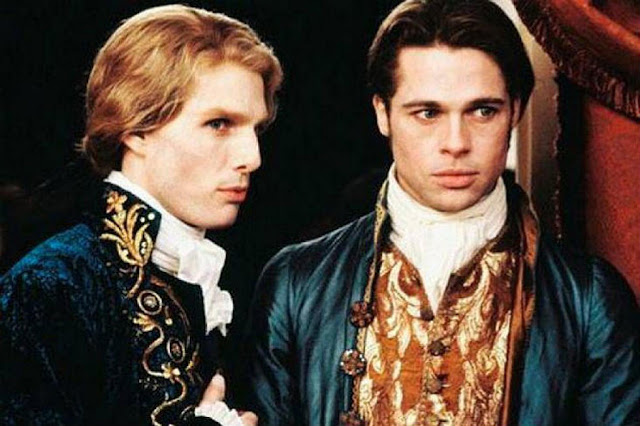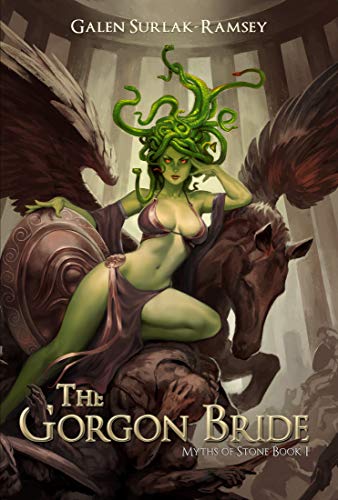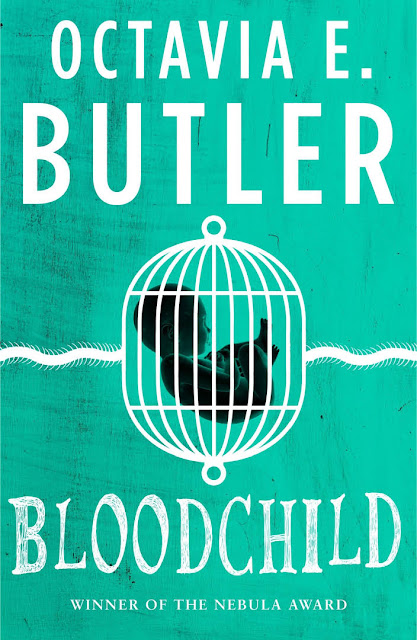Binge-Watching Netflix for Eternity
If you had infinite life on Earth, would you spend
years binge-watching Netflix? Would you bother to put on makeup or fancy
clothes? Worship the same god as before? Would you finish your homework, like a
writing a blog, or say “Screw it, I’m going out to kill or have sex, or maybe
both, who knows?”
Vampire novels are timeless, because the situation may
vary from 1700s plantations to biology class to binge-watching, but the
questions remain the same. (Well, maybe not the exact same.) Anne Rice’s Interview
with a Vampire discusses the meaning of life with Lestat and Louis
representing opposing values.
After overcoming his initial infatuation with Lestat,
Louis comes to loathe him due to his petty concerns with money, his senseless
killing, and the brashness with which he treats his dying father. Louis feels
Lestat doesn’t appreciate the gifts of being a vampire, such as heightened
sight and strength, and limitless time to think. To Lestat, vampirism is about
revenge, inflicting hatred from his mortal life onto others. To Louis, it is
freedom from his old life.
Lestat also mocks Louis for his value of education,
which applies to our world. People are often angered by those around them who
refuse to grow. Lestat’s inability to die could represent the persistence of
ignorance in our world. Or, he could just be a vampire who plays by his own
rules because, along with wealth, moral and social rules no longer matter.
But central to Louis’s character is his passion and
value of life. The importance is echoed in Louis’ reluctance to kill humans,
the description of his soulless eyes, and in the ending, when Armand tells
Louis that he’s lost this excitement.
Using vampires to discuss human life distances the
reader enough to take a message that they ordinarily might not be able to
handle. People can feel dead inside, perhaps due to depression, and still go through
each day, living but not living.
Another example is Louis’ sexual and passionate
feelings for both men and women. The description of Lestat as he transforms
Louis into a vampire is an intimate, sensual process that must be kept secret
from humans, which could represent having to hide your sexuality.
Lestat later leads Louis to breaking a seemingly
obvious moral choice, attempting to kill a child before watching Lestat make
her a vampire instead. Children usually represent pure innocence, and Lestat’s
insistence on killing her and turning her immortal both horrifies and captivates
Louis.
Furthermore, it’s fascinating when Louis admits he
doesn’t know if the devil is real when Babette, previously thinking he’s an
angel, insists that he’s from the devil. Is life on earth godless? No one, even
those with immortality, know the answer. The good and evil debate can go on as
long as vampires live. In the novel, vampires don’t represent either one. Like humans,
they have their own morals, which is why I interpret the novel as an allegory
for human life on earth.



Comments
Post a Comment